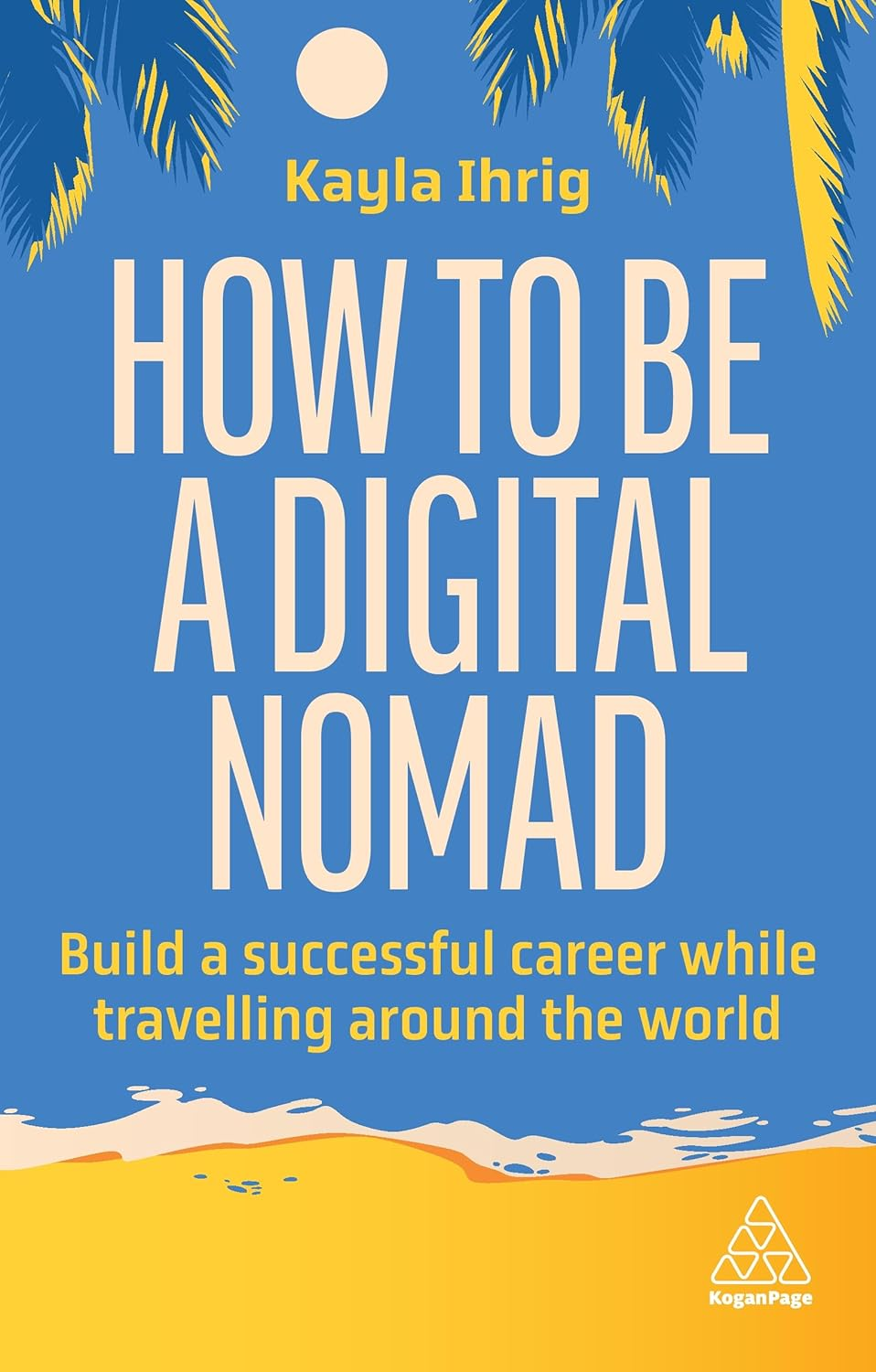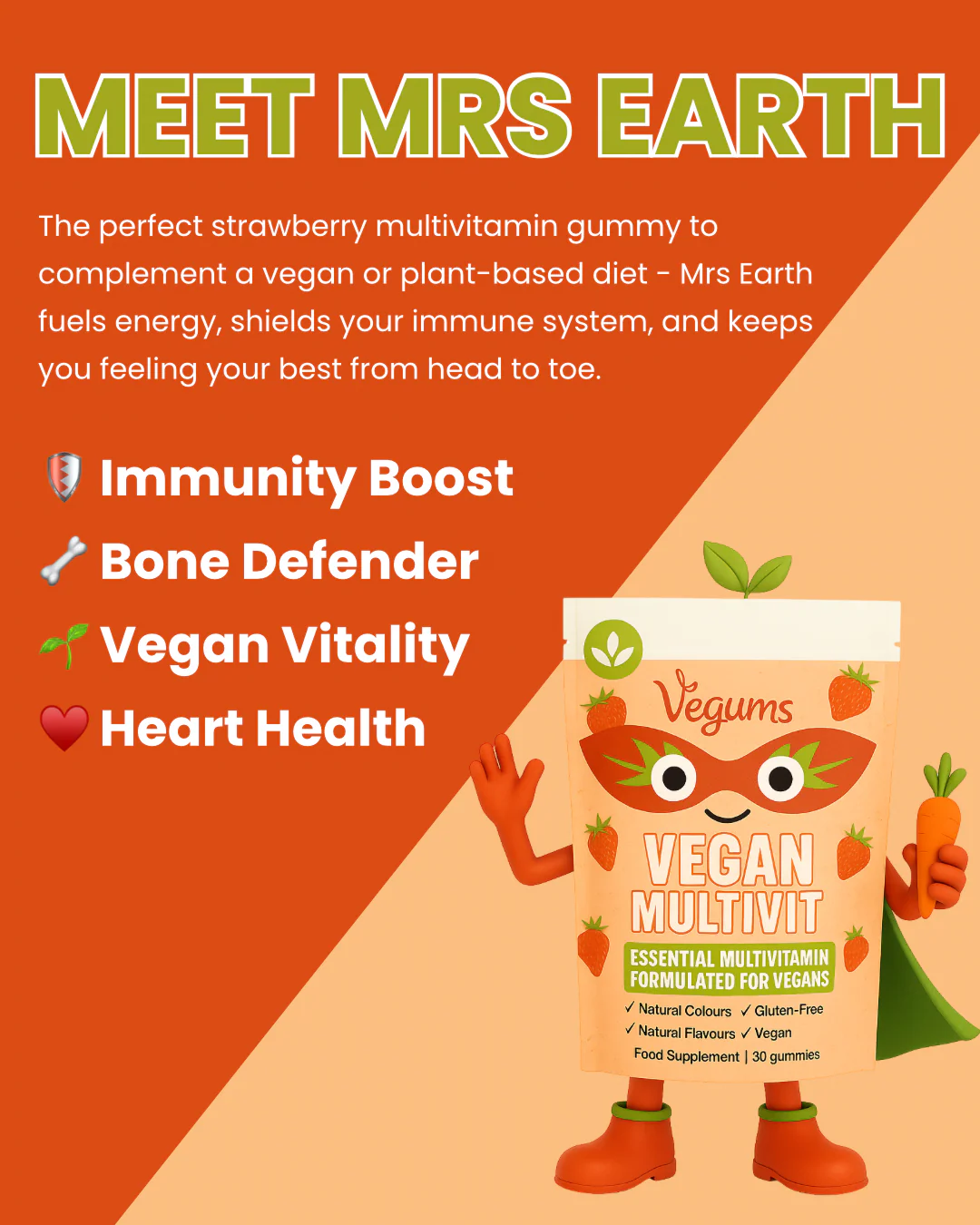Innovative Ideas to Feed Hungry People

With food bills climbing and budgets tightening, finding ways to feed hungry people in communities is paramount. There are some wonderful ideas both in England and abroad, plus plenty more affordable food ideas. For feeding hungry people abroad, read about helping developing countries.
Before cooking, read up on food safety for people and pets. If growing food, read our posts on no-dig gardening (avoid netting to protect wildlife). And safe gardening near pets and wildlife.
Start Your Own Community Fridge
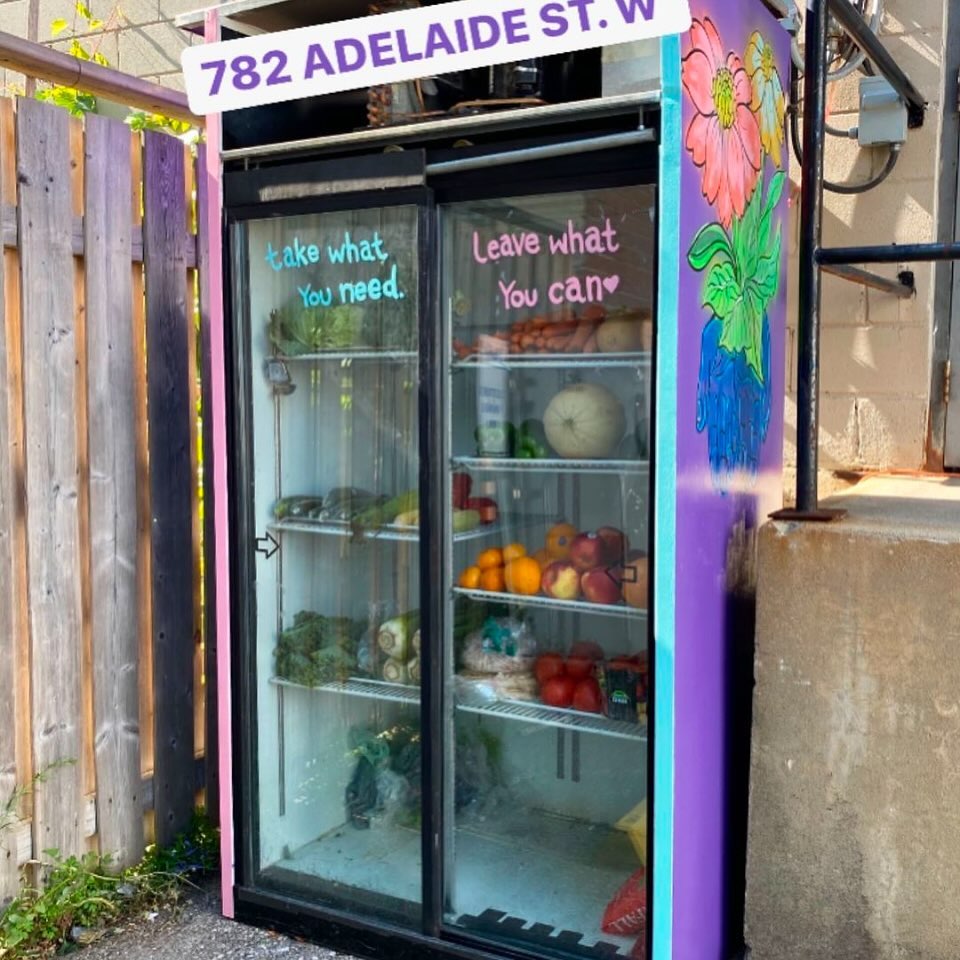
Community Fridges is a wonderful idea from our Canadian friends, to help nourish communities that are struggling to afford good meals in so-called ‘food deserts’ (you know the areas – often one NISA or Spar shop with not much more than frozen pizza and chips or bags of crisps to eat for dinner).
We need good solutions to bring local affordable organic food back to communities, and this is just one idea that is being carried out over the ocean.
People in the community who can safely leave an unlocked fridge in the premises let the fridges be anonymously used by local people, with donations from people or food companies, to basically help themselves. There are rules on the site on how this works.
For example, you obviously have to keep food sealed and in date, and certain foods (like some meats and cheeses) are not allowed. The motto of the Community Fridge is ‘take what you need, leave what you can’ so others can benefit.
People are also asked to ensure their hands are clean (or they use gloves) when accessing the free food, and throw it away, if you see anything not good or out-of-date. New donations are placed in the back of the fridge, so the oldest food gets used first, to avoid food waste.
Toronto’s Community Fridge also accepts restaurant-prepared meals if still in date, along with other basic need items (soap, laundry powder, nappies and personal feminine care etc). One thing not allowed in the community fridge is alcohol, for obvious reasons!
Why not get together with people in your community, and come up with a similar idea? It would reduce food waste, feed hungry people and reduce the profits of the big supermarkets.
That get rich on the backs of providing inferior food at great expense to people on low budgets, and often wrap it in plastic packaging?
Many places worldwide are now offering community fridges, from Los Angeles to India? Let’s get the community fridge movement started in England too!
Affordable Ready Meals (from food waste)

Just Meals (Sheffield) is a unique company from England’s greenest city. Local food waste is delivered to this project, where people then cook up the ingredients to make super-affordable and tasty nutritious ready-meals, that are bought on subscription by local people.
There are vegan options, although no allergy options, as obviously the food is being used up, and has already been in use.
The meals are frozen, and packed in biodegradable packs. You just buy and heat them at home. Just imagine is every local community did this, we could reduce hunger and food prices, and ensure everyone ate affordable nutritious meals, from food that would otherwise be binned.
The meals are also sold in local shops in Sheffield. And to save on costs, online orders can be collected from various outlets.
The meals start from £1 and are bought on a ‘pay what you can afford’ basis. To keep this fair, people pay more if they can pay more (based on honesty). There are also gluten-free options.
With a service like this, you don’t get to ‘order meals’ as such, although you can make requests for vegan, vegetarian or gluten-free meals. But you receive whatever needs to be used up, a bit likely how your parents or grandparents cooked, back in the day!
A ‘Freezer of Love’ for Hungry People

Freezers of Love is an innovative idea from Gloucestershire (England), run by an award-winning social enterprise. With two outlets in Stroud and Cirencester, it’s an idea to warm your heart.
If it makes you miserable that vulnerable go hungry (while big supermarkets make a fortune), be inspired by this outfit that cooks up excess food (from shops and allotments) to serve free meals to local hungry people.
Founded by two friends who shared a mutual dismay of how society is ‘doing food badly’ and leaving people unwell and lonely (in a country where a third of all food grown and made is never eaten) they decided to do something to help.
The meals are offered free or a pay-what-you-can donation, with money given used to invest in pay-what-you-want cafes and a Teenage Kitchen (one student has already found a job as a baker at a local farm shop, proving this model is also creating stable full-time jobs).
Each month, the organisation publishes its standard meal cost (in February 2024 this was £9.30). But if you can’t afford that, it’s okay.
It’s just a guide to show how much it costs to make a meal, you will never be charged any more than this, even if you can afford it. But of course you can choose to pay a little more, which helps The Long Table offer more meals for free or less cost.
Great Apps to Share Leftover Food
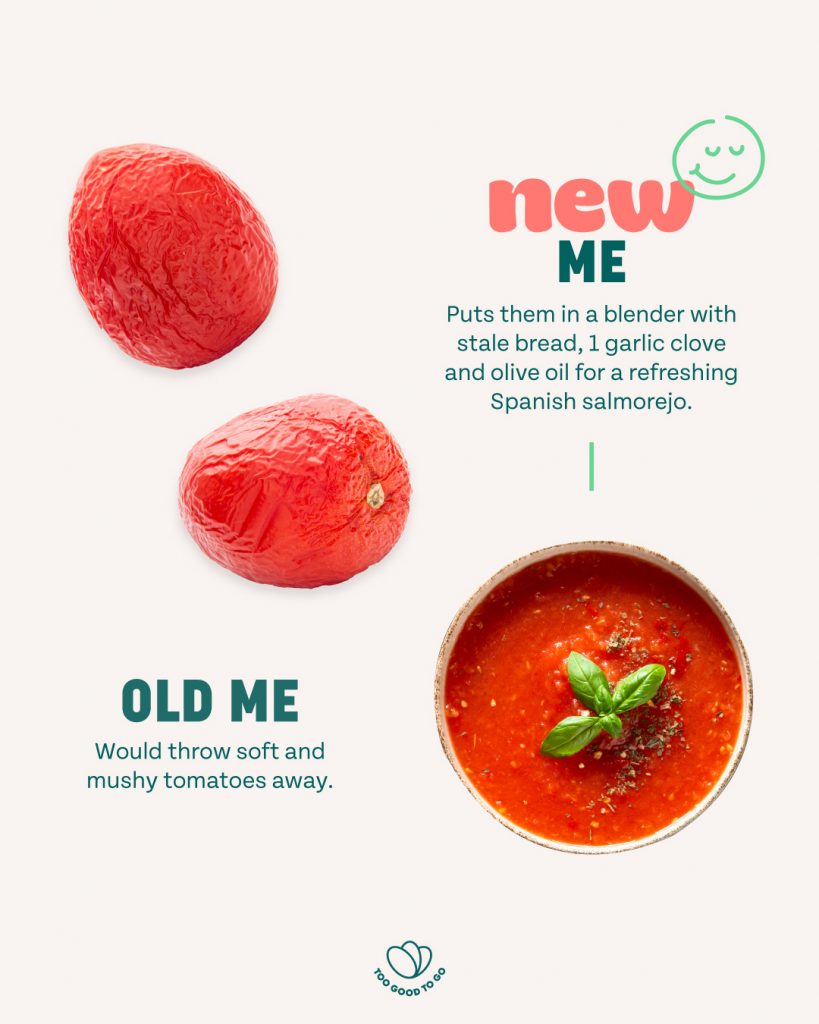
Apps like OLIO and Too Good to Go let people list leftover food (say in the fridge if going on holiday or into hospital). Then arrange for local people to come and collect it for free.
Recently, food poverty campaigner Jack Monroe talked of an old man. He told her that he was eating a little toothpaste at dinner time, to trick him into thinking he had something to eat.
One MP recently said that food bank users was due to ‘poor budgeting’. In fact, most of the time, food banks have strict rules, and you have to qualify for certain benefits, before you’re allowed to use them.
No wonder some people feel shamed into not using them, when they are entitled.
Sunderland Food Bank says it’s a myth that food banks are used for food and pet food (also needed for people living in poverty) to ‘spend on tattoos and cigarettes’. If you’ve seen the price of cigarettes these days, you’d know most people with money can’t afford them, let alone those on benefits.
The main food banks in England (with local drop-off points) are:
Trussell gives out emergency food parcels for three days to those in need, and also runs a free phone helpline advising people of benefits. The other two main food banks are Fareshare and Salvation Army.
Worthing Vegan Food Bank gives out food parcels that are also (on request) gluten-free. Over half the food is made up of fresh produce ((fruits, vegetables, nuts, bread). It accepts donated long-life plant milks, tinned and sealed dried foods (rice, pasta, lentils).
Volunteer Cyclists (delivering free food)

Here’s a smashing idea from over the pond. In Toronto (Canada), The Bike Brigade is a group of around 1000 volunteer cyclists, that work with food banks to cycle free food (and pet food) to vulnerable people, who can’t get to the shops, due to disability or lack of transport. The idea began during the pandemic, and has grown ever since.
The riders are all vetted. If one falls off a bike or can’t reach the recipient, they just send a text to let the organisation know they are okay, and someone else is sent out, to make sure everyone in the community eats.
This in a city where around 1 in 5 struggle to buy food (and 31,000 households in low income brackets live more than 1km away from the nearest supermarket). The organisation also delivers medications and other essential items, for people unable to pick up themselves.
And of course for volunteers, this means non-polluting exercise, and a great way to do real good within a community, and help to empower local people against the domination of big supermarkets.
The Biblical Tradition of Gleaning (free food!)
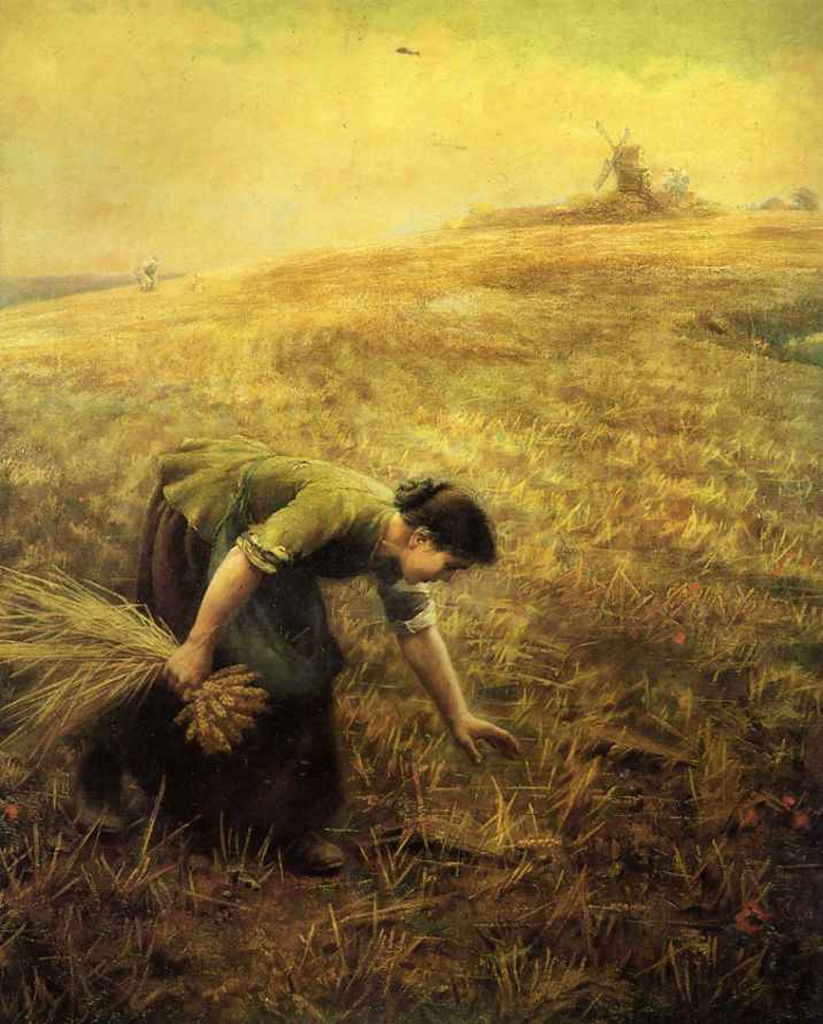
If you’ve never heard of ‘gleaning’, then you don’t know your Bible! It’s basically the ancient practice of harvesting leftover produce from the fields, then giving it to hungry people, to stop it going to waste.
Gleaning Network is not religious, but influenced by the ancient Biblical custom of ‘not reaping the corners of a field nor going over the field again after the first harvest’ to let those in need, ‘glean’ what’s left behind.
The food often comes from excess produce grown on local allotments, which are dropped off to give to those in need. Volunteers turn surplus farm produce into free meals, and once even cooked a dinner to ‘feed the 5000’. Jesus would be proud!
Linked to ‘Leftover Bread’ Beer!

If you’re familiar with the beer company Toast Brewing (that brews vegan ale using leftover bread), you’ll be pleased to know that these two organisations are linked.
All profits from the beers go to Feedback Global (the food waste charity started by the founder of Toast Ale – he remains on the board, to ensure it can never be sold to Unilever!)
What Greta Thunberg is doing for the planet, Tristram Stuart is doing to cut food waste. Shocked when he found out that all the food thrown out in the world each year, could feed every single hungry person on earth.
He has a lot of influence, where his TED Talk has been viewed over a million times (see it on his site). He’s very posh (from Sussex) and has made it his mission to help all the impoverished people worldwide, who have no food, due to westerners throwing it away. Read his facts twice:
- 20% to 40% of all UK fruit and veg are rejected, even before they reach the supermarkets.
- UK households throw away enough bread and cereals, to lift 30 million hungry people out of being malnourished.
- 24% to 35% of school lunches end up in the bin.
- 40% to 60% of all fish caught in Europe are discarded.
Food Recovery Network is the worldwide movement. Many regions have dedicated gleaning networks, making it simpler than ever to join in. Just imagine spending a day in the great outdoors, helping those in need, while enjoying the fresh air. Just remember to leave some food for wildlife.
Veg Box Donation Scheme is a Christian organisation that delivers free leftover veggies in the Bedfordshire area. Food often comes from excess produce grown on local allotments, which are dropped off to those in need.
Download a free Gleaning Toolkit to start something similar in your area, to deliver excess farm food that would otherwise go to waste.



